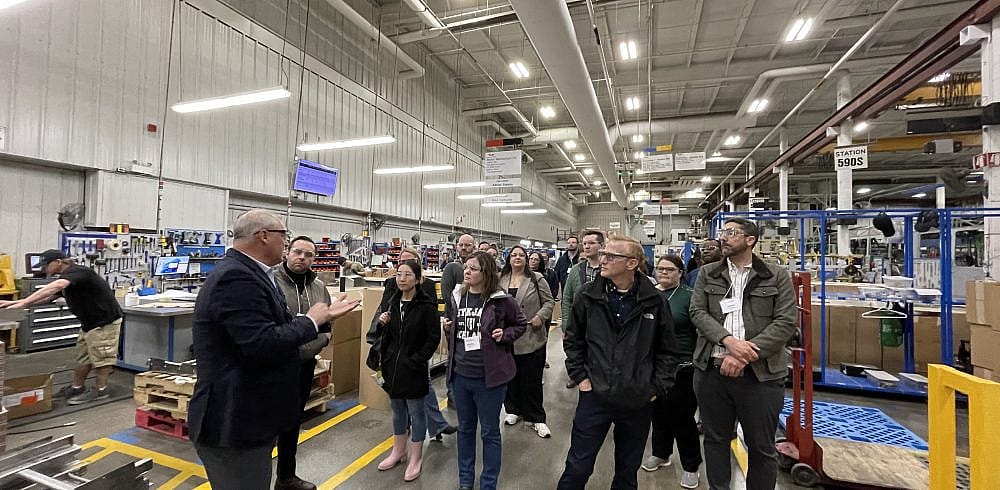4-minute read
Costs and labour issues continue to be the biggest business obstacles for Canadian businesses, according to survey of 16K businesses
The Canadian Chamber of Commerce Business Data Lab (BDL) and Statistics Canada have released the Q1 findings of the Canadian Survey on Business Conditions (CSBC). The Winnipeg Chamber of Commerce is collaborating with BDL to bring local and future-focused business insights to major cities across Canada to support economic recovery and growth.

READ THE Q1 INGISHTS REPORT
Some noteworthy Winnipeg-based results from the latest quarterly CSBC survey include:
- All things considered, businesses in Winnipeg feel positive about the economic future, with 70% expressing optimism in the year ahead.
- As economic growth slows down and businesses in Winnipeg anticipate a 14% decrease in sales, almost half (48%) of the respondents also expect an increase in operating expenses. In addition, more than one-third (33%) expect prices to go up, and profitability may face further challenges as businesses anticipate a 30% decrease in profitability.
- The most significant Winnipeg business obstacles involve rising inflation, rising input costs and labour supply-driven difficulties, including those related to hiring and retaining the workforce. Inflation (60%), rising cost of inputs (45%), rising interest rates and debt costs (37%) are the top three most significant challenges that Winnipeg businesses are facing today, according to the survey.
- In response to the impact of raising interest rates, 36% of businesses in Winnipeg expect to increase their selling prices to maintain profitability, followed by a reduction in the investment to cut costs.
- Of those surveyed, a majority of businesses (71%) in Winnipeg are not planning to take any additional business loans. In addition, 23% of the Winnipeg Businesses cited reasons such as unfavourable interest rates and issues with cash flows for being unable to take more debt.
- Many Winnipeg businesses are struggling with the competition for talent caused by labour shortages. One out of three firms in Winnipeg anticipates a labour force shortage to be an obstacle over the next three months.
- In Winnipeg, 31% of businesses reported high impact related to recruiting and retaining staff challenges, while 37% reported medium impact, 19% reported low impact, and only 1% reported no impact.
- To address labour challenges, businesses plan to offer solutions such as increased wages, more flexible work arrangements, and improved training opportunities.
- Supply chain problems continue to be one of the major obstacles for Winnipeg businesses, with more than half of them believing that the situation has worsened over the past three months and around 28% expecting the supply chain situation to worsen in the next quarter. Businesses plan to replace inputs, engage with new suppliers, and work with suppliers to strengthen their supply chains.
- Business plans to adopt technology for business processes in Winnipeg remain low. Only around 20% of businesses responded that they have plans to implement new or update pre-existing digital technology to enable or enhance other business processes.
- Evidently, only 16% of businesses plan to incorporate security software tools over the next year, while only 15% plan to invest in cloud computing.
- According to businesses in Winnipeg, the biggest barriers to adopting new technologies are finding qualified employees, integrating new digital technologies into the organization’s or business’s current IT infrastructure, and getting funding.




